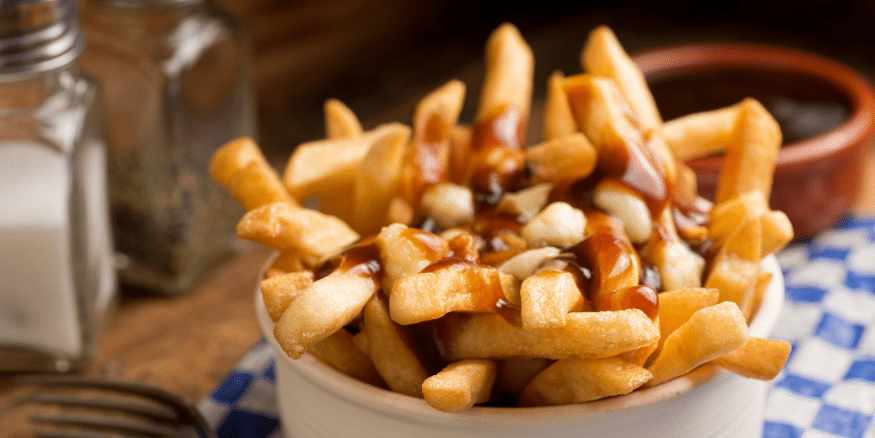
Comfort Food
The gut-brain axis continues to be a fascinating area of research. It involves learning how the brain communicates with the gastrointestinal (GI) system’s mostly independent enteric nervous system. In the Inside Tract® newsletter, Issue 182, we talked about our ‘other’ taste buds, the ones that line the GI tract and affect the way we perceive food. Now, in a small, innovative study published in the Journal of Clinical Investigation,1 scientists have found that fatty foods might make us feel good, or at least help mitigate sadness, even if we can’t taste, smell, or even know that we’re eating them.
You might be asking, “How could they have discovered that?” The answer lies in 12 brave volunteer research participants who agreed to undergo a series of fasting, emotional manipulation, brain scans, and intragastric infusions! Scientists have long known that there is a relationship between mood and eating behaviour, but this study aimed to explore the specific mechanisms behind it.
First thing in the morning, on four separate days, the researchers fitted each of the 12 participants with a gastric feeding tube (affixed to the face and running down the mouth, through the esophagus, to the top of the stomach). They started the emotion inducement portion of the test (see side bar) three minutes before they administered 250mL of either fatty acid (dodecanoic acid) or a saline solution. At four fixed times throughout the test, the participants rated their hunger, fullness, nausea, and mood. They were not aware of the purpose of the study or the contents of the gastroinfusions they received, helping to prevent biased responses. When the induced emotion was sadness and the infusion contained the fatty acid solution, participants reported less hunger and a more positive mood than on the days when they received the control saline infusion.
The researchers also monitored the participants’ brains using magnetic resonance imaging (MRI), which they started before the intragastric infusions and continued for a full 40 minutes throughout each test. They found that the fatty-acid infusion appeared to have an effect on areas of the brain associated with mood.
Conclusion
That greasy poutine might look, smell, taste, and feel delicious as you are eating it, but this study suggests that, even without any of those conscious sensations, your gut will still ‘talk’ to your brain about its contents, and this conversation makes you feel more contented and less hungry.
This is a very small study and the researchers do not intend it to encourage unhealthy eating habits. After all, physical activity can have a positive effect on mood as well! Certain GI conditions, such as irritable bowel syndrome (IBS), are associated with psychological conditions such as depression and anxiety, and issues with overeating are sometimes associated with mood regulation problems. This study contributes to a growing body of research from which health care providers can form a better understanding of, and treating options for, some GI and psychological conditions.

